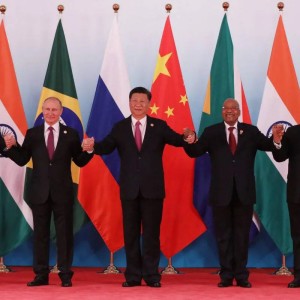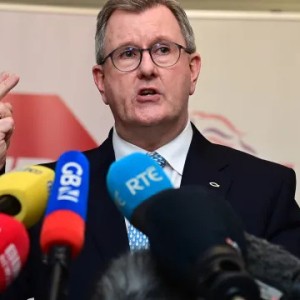Russia's Gazprom said on Monday it was halting another turbine in the Nord Stream 1 pipeline to Germany and that flows of gas would fall to the equivalent of just one fifth of normal capacity.
The new blow to supply comes at a moment of high tension as Russia and the West exchange economic blows in response to Moscow's actions in Ukraine. The European Union has accused Russia of resorting to energy blackmail, while the Kremlin says the gas disruption has been caused by maintenance issues and the effect of Western sanctions.
Gazprom said it was halting the operation of another Siemens gas turbine at Nord Stream 1's Portovaya compressor station in accordance with the instructions of the relevant watchdog, taking into account the technical condition of the engine.
It said throughput from 0400 GMT on Wednesday would therefore fall to 33 million cubic metres per day. That is just half of the current flows, already at just 40% of normal capacity.
Continued sanctions will trigger energy price worldwide
Politicians in Europe have repeatedly warned that Russia could cut off gas flows this winter, a step that would thrust Germany into recession and lead to soaring prices for consumers already grappling with higher prices for food and energy. Germany was forced last week to bail out Uniper, its biggest company importing gas from Russia.
President Vladimir Putin warned the West this month that continued sanctions risked triggering catastrophic energy price rises for consumers around the world.
Putin foreshadowed the latest cut in comments on the Nord Stream 1 compressor last week, when he said: "There are two functioning machines there, they pump 60 million cubic metres per day ... If one is not returned, there will be one, which is 30 million cubic metres."
Russia is the world's second largest oil exporter after Saudi Arabia and the world's largest exporter of natural gas. Europe imports about 40 percent of its gas and 30 percent of its oil from Russia.
Gazprom resumed gas flows via Nord Stream 1 last week after a 10-day maintenance break, but only at 40% of the pipeline's capacity - a level Russia has said it was forced to lower volumes to in June because of the delayed return of a turbine being serviced in Canada.
European politicians have challenged that explanation, with Germany saying the turbine in question was not meant to be used until September.
Gazprom (GAZP.MM) said earlier on Monday it had received papers from Siemens Energy (ENR1n.DE) and Canada about the first turbine, but added that there were still problems.
"Gazprom has studied...the documents, but has to acknowledge that they do not remove the previously identified risks and raise additional questions," it said in a statement.
"Additionally, there are still open questions from Gazprom regarding the EU and UK sanctions, the resolution of which is important for the delivery of the engine to Russia and the urgent overhaul of other gas turbine engines for the Portovaya compressor station."
The Kremlin said earlier that Moscow was not interested in a complete stoppage of Russian gas supplies to Europe, which is rushing to fill its underground storage before the winter season.
It said Gazprom was not to blame for the storage risks, reiterating its line that Europeans are suffering the consequences of sanctions that they themselves imposed against Russia.
SOURCE: REUTERS
IMAGE SOURCE: Freepik














